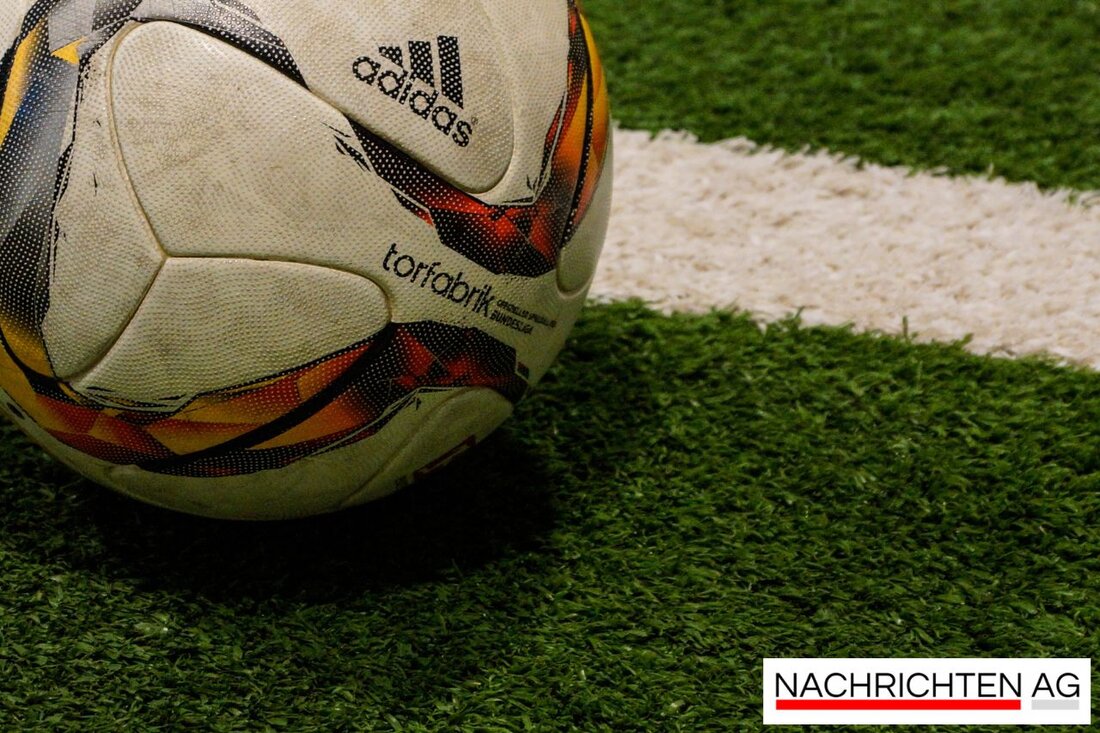Leipzig's Olympic plans: Sports history meets sustainable development!
Leipzig's Olympic plans: Sports history meets sustainable development!
On May 31, 2025, Berlin and Leipzig present their plans for the application for the Summer Olympics as part of the International German Turn Festival. During a press conference at the exhibition center in Leipzig, Berlin's Senator Iris Spranger, Saxony's Interior Minister Armin Schuster and Leipzig's mayor Burkhard Jung presented the "Berlin Plus" initiative, which also includes Brandenburg, Mecklenburg-Western Pomerania and Schleswig-Holstein. Leipzig is highlighted as a central partner in the east, in particular because of its sports -historical importance and the existing infrastructure, according to Jung, who sees Olympic advertising as an opportunity for sustainable development. An example of this is the canoe park in Markkleeberg, which was created as part of the application for the 2012 Olympics.
The competition is strong, however. Other cities such as Hamburg, Munich and the Rhein-Ruhr region have also expressed interest in their own application. The Federal Government's backing for the initiative is anchored in the coalition agreement, and a coarse concept has already been submitted to the German Olympic Sports Association (DOSB). The decision on the German application is scheduled to make in autumn 2026. The planned developments in Leipzig include the expansion of the Arena Leipzig to at least 12,000 places and the construction of a new ball sports hall for handball, basketball and volleyball.
concrete plans for Leipzig
The planned sports facilities is the use of the RB Arena for football games and the exhibition center as a venue for martial arts such as judo and boxes. A third center at the Kohlrabizkirkus is supposed to accommodate trend sports such as climbing, biking and BMX. The canoe park in Markkleeberg will be used for canoe slalom and canoe cross. In addition, a vision of an "Olympic band" is sought, which is intended to link all venues through sustainable transport connections. In the event that the application for summer games 2040 is unsuccessful, there is already a plan B for 2044.
Berlin, as the main venue for the application, also plans a comprehensive concept. The ruling mayor Kai Wegner emphasizes the international radiance of Berlin and sees the application as an opportunity for the entire region. More than 90 percent of the sports facilities required are already available and can be used temporarily. The sports such as beach volleyball at the Brandenburg Gate, marathon along the museum island and skateboard competitions on Tempelhofer Feld have already been planned. Berlin's sports senator Iris Spranger also emphasizes the sustainability of the concept.
political challenges and public opinions
However, the application also faces challenges. A citizens' survey in Berlin is still pending, and criticism comes from the Nolympia Berlin initiative, which is planning a referendum against Olympic acquisition. The Greens reject the application and express concerns about financing. The last Summer Olympics in Germany took place in Munich in 1972, previously there were several canceled applications due to rejected referendums.
In Brandenburg, competitions for rowers, canoeists, golf and sports shooting are planned. Sustainability is not only challenged by the politicians, but is also a central point in the concept, leisure activities and affordable living space after the games. The Olympic village is to be created on the exhibition center and, after the games, be converted into 2,500 units for affordable living.
Overall, it becomes clear that both Berlin and Leipzig have high ambitions for their Olympic acquisition. Above all, the long -term vision of sporty and sustainable development could be decisive in decision -making.
lvz.de reports that ... Zeit.de describes the plans for ... mdr.de provides further insights into the application ...| Details | |
|---|---|
| Ort | Leipzig, Deutschland |
| Quellen | |


Kommentare (0)